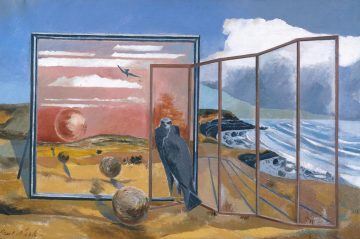by Michael Liss
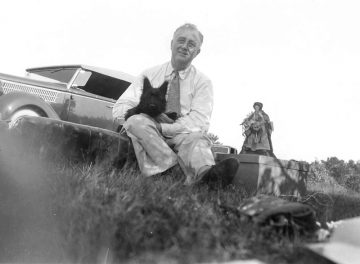
It is March of 1944, and Franklin Delano Roosevelt is dying. His physicians, Lieutenant Commander Howard Bruen and Vice-Admiral Ross McIntire, know it, as do a handful of others McIntire brought in. FDR probably knows it as well, no matter how much his doctors may have sugar-coated their findings. He has cardiac insufficiency, arteriosclerosis, congestive heart failure, an enlarged and failing left ventricle, and mitral valve issues. Modern medicine would likely have offered more productive years of life, but, in the era before sophisticated heart surgery, before the development of a heart-lung machine, and with a very limited formulary of drugs, it is just a matter of time, maybe a year at most.
His decline was obvious. You could see it on his face, in the amount of time he needed to recover from exertion, in the loss of weight. He had undertaken a long sea trip on the USS Baltimore to visit American forces in the Pacific, but spent much of it in his stateroom, resting. An ordinary man of that time would have scaled back, gradually becoming a convalescent. But FDR was no ordinary man, and 1944 no ordinary time. Obviously, the Democratic Party would re-nominate him for an unprecedented fourth term, if he wanted it, but there was deep concern in the family that he would never survive. Eleanor Roosevelt was later quoted as saying, “If Franklin loses, I’ll be personally glad, but worried for the world.” Read more »

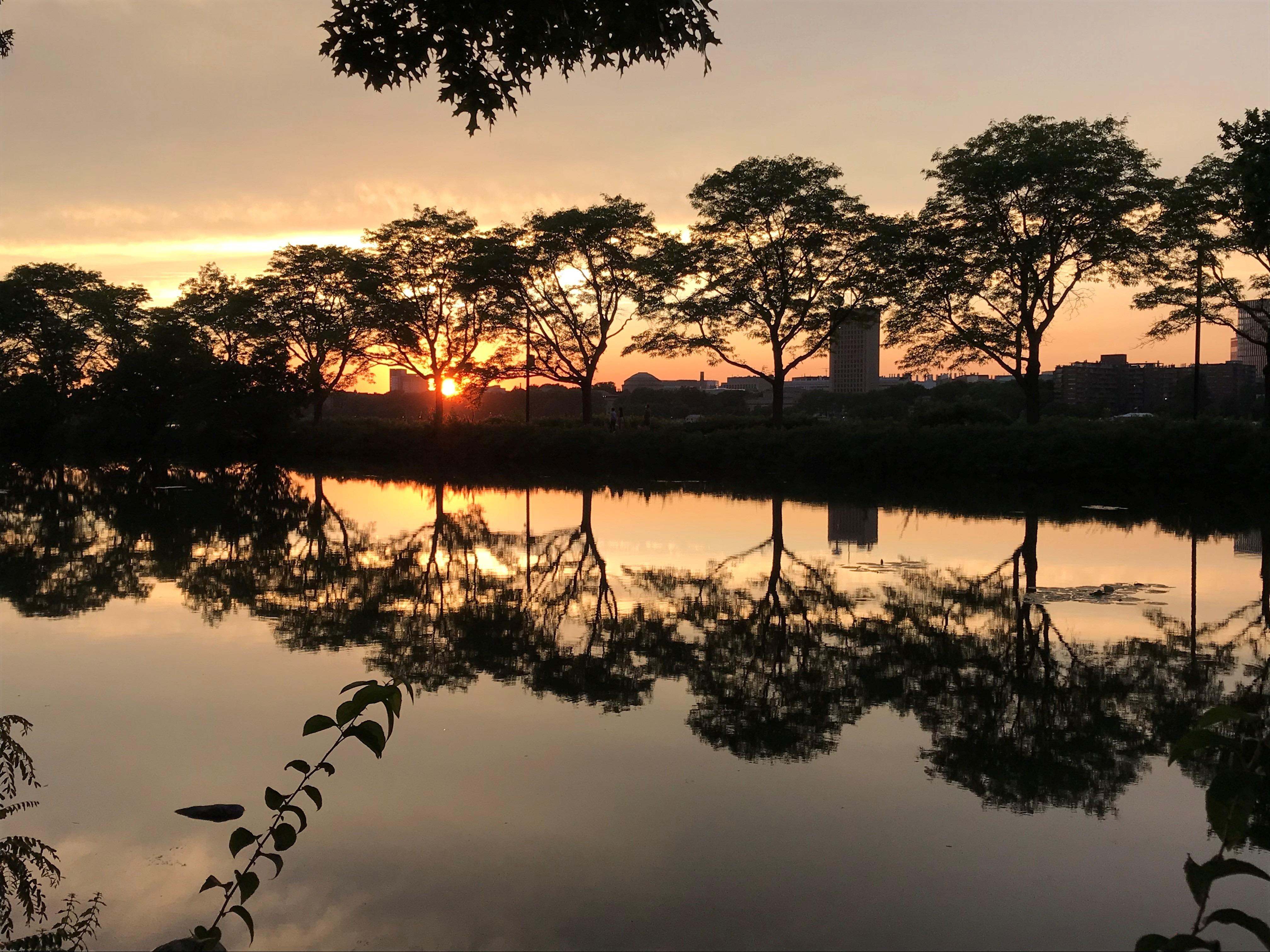



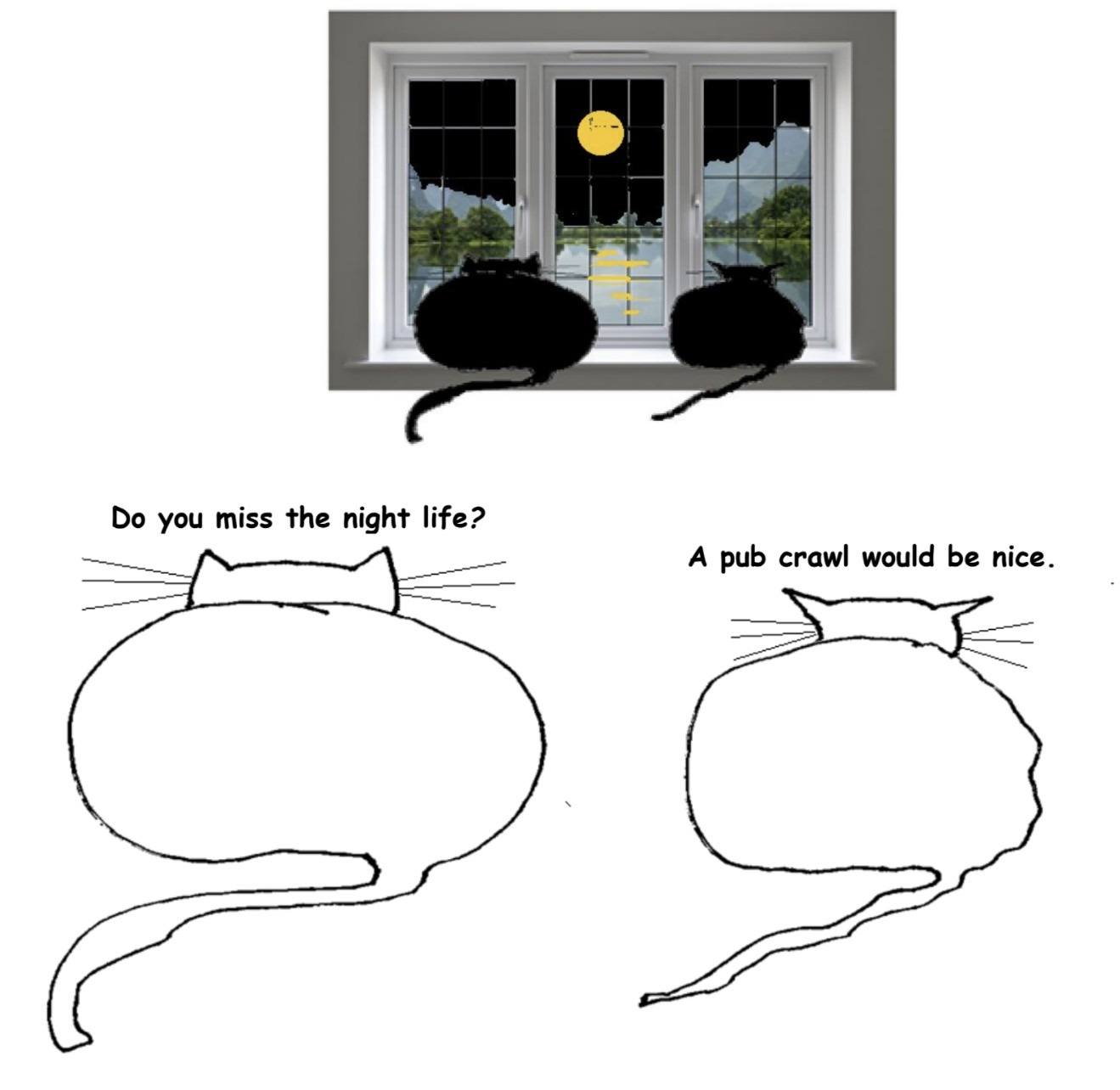
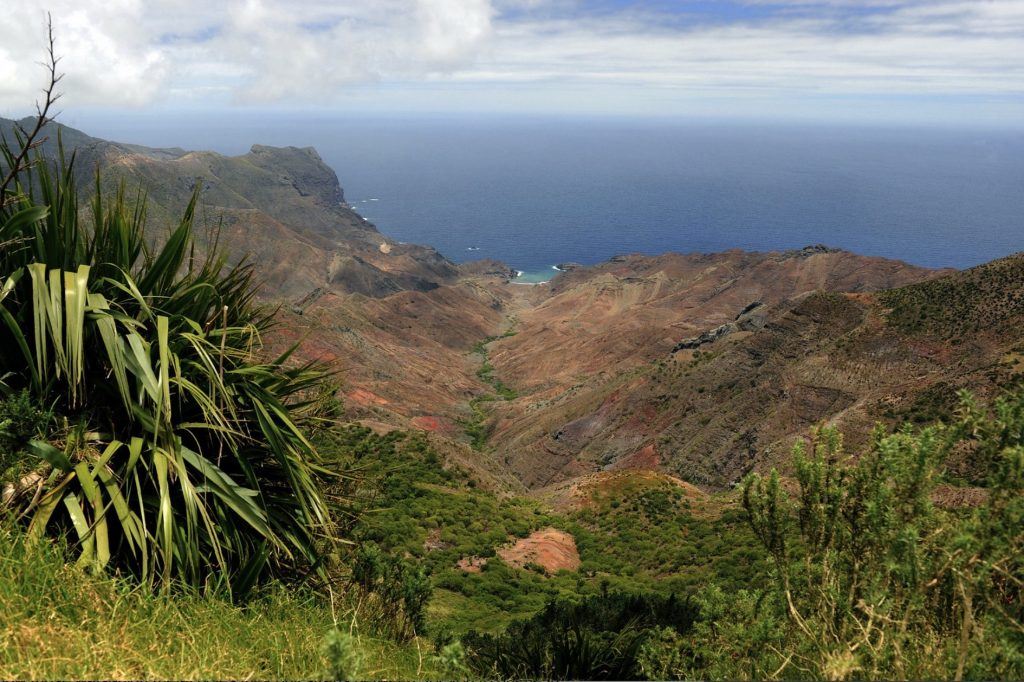
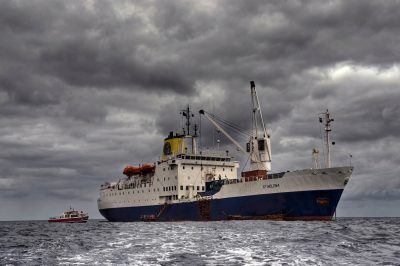
 During the 1990s, the impossibility of a black president was so ingrained in American culture that some people, including many African Americans, jokingly referred to President Bill Clinton as the first “black president.” The threshold Clinton had passed to achieve this honorary moniker? He seemed comfortable around black people. That’s all it took.
During the 1990s, the impossibility of a black president was so ingrained in American culture that some people, including many African Americans, jokingly referred to President Bill Clinton as the first “black president.” The threshold Clinton had passed to achieve this honorary moniker? He seemed comfortable around black people. That’s all it took.

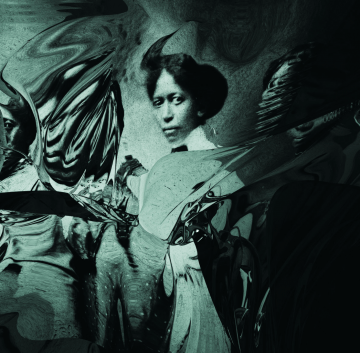 I serve as the family cook as well as the family DJ, so no dinner party preparation is complete without a small stack of CDs waiting for guests to arrive. When the doorbell rings and my wife Alma walks to the front door to greet our earliest guests, I idle the burners on the stove and hurry to the living room stereo, where I press Play for the first CD. A song should already be in progress before the exchange of Hellos, because music, like furniture, is a form of home decoration, filling and defining silence the way a couch or chair fills and defines space. The music must be dialed low, just enough for a home to express quiet domestic welcome. I like to think that I’m long past my ancient feckless undergraduate days of booming a song through an open window.
I serve as the family cook as well as the family DJ, so no dinner party preparation is complete without a small stack of CDs waiting for guests to arrive. When the doorbell rings and my wife Alma walks to the front door to greet our earliest guests, I idle the burners on the stove and hurry to the living room stereo, where I press Play for the first CD. A song should already be in progress before the exchange of Hellos, because music, like furniture, is a form of home decoration, filling and defining silence the way a couch or chair fills and defines space. The music must be dialed low, just enough for a home to express quiet domestic welcome. I like to think that I’m long past my ancient feckless undergraduate days of booming a song through an open window.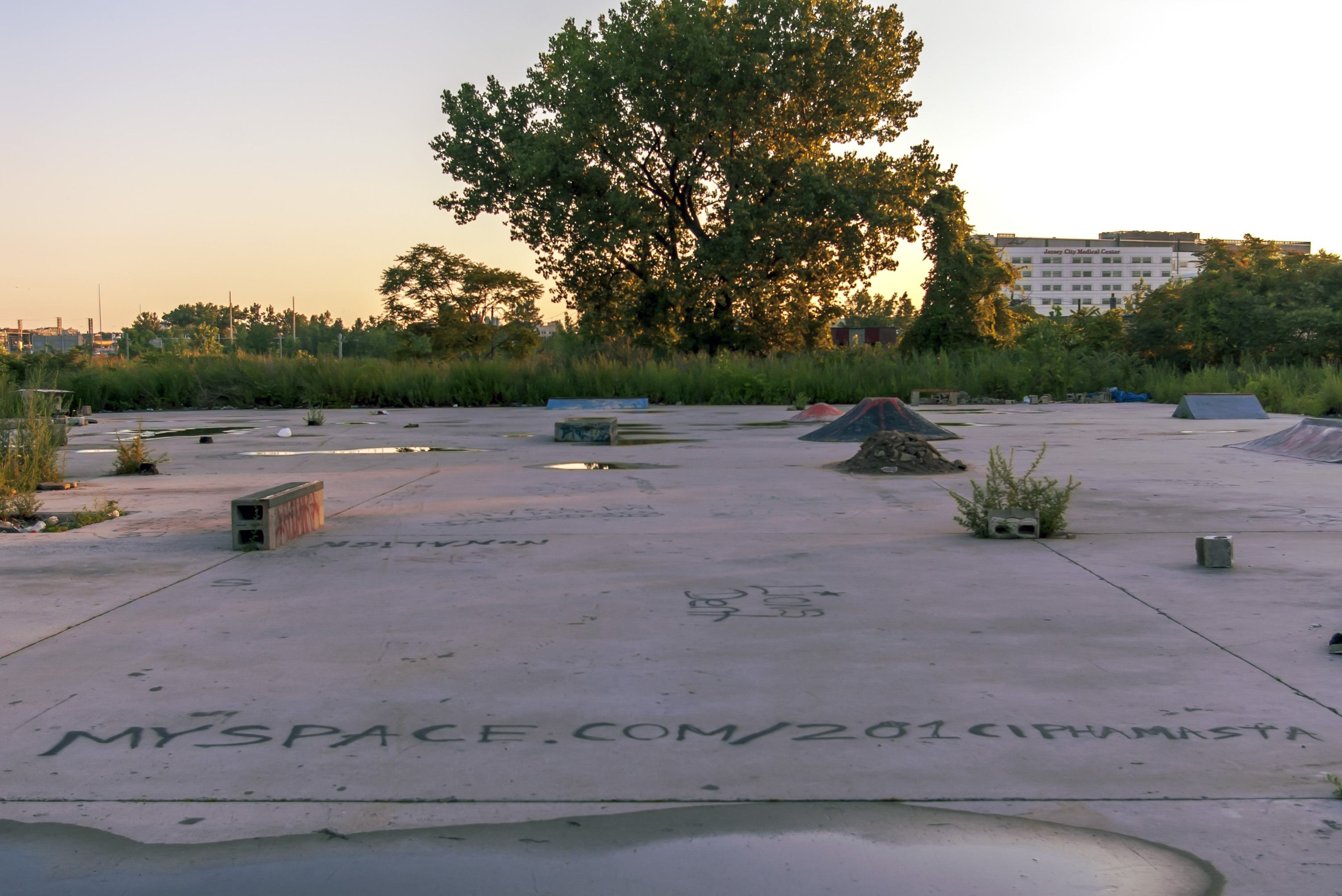
 Perhaps imprudently, your humble blogger continues to toil in the philosophy mines for blogging material, even in this stressful time. And there will be such postage eventually, of that you can be sure! However, prudence enough remains to prevent him from posting half-baked nonsense; so in the interim, let us return once again to the podcast, and enjoy some fine music while we wait.
Perhaps imprudently, your humble blogger continues to toil in the philosophy mines for blogging material, even in this stressful time. And there will be such postage eventually, of that you can be sure! However, prudence enough remains to prevent him from posting half-baked nonsense; so in the interim, let us return once again to the podcast, and enjoy some fine music while we wait.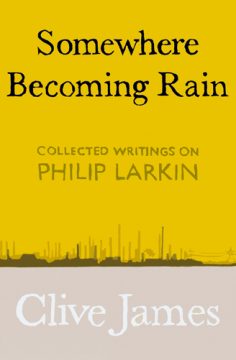 This, Clive James’s final book, is a collection of his writings on Larkin and his work. James takes his title from the final words of Larkin’s ‘The Whitsun Weddings’ (1959). The ninety four pages, which include copies of one manuscript letter and two typed letters from Larkin to James, don’t offer very much book for your money, but you do get Clive James, who’s always good value. His explanation of why Jack Nicholson is the only Hollywood actor appropriate to play Larkin onscreen justifies the price of admission.
This, Clive James’s final book, is a collection of his writings on Larkin and his work. James takes his title from the final words of Larkin’s ‘The Whitsun Weddings’ (1959). The ninety four pages, which include copies of one manuscript letter and two typed letters from Larkin to James, don’t offer very much book for your money, but you do get Clive James, who’s always good value. His explanation of why Jack Nicholson is the only Hollywood actor appropriate to play Larkin onscreen justifies the price of admission. In July 1925, Margaret Mead, a doctoral student at Columbia University, set off on a cross-country train journey with a young faculty member, Ruth Benedict. Mead was bound for the west coast and then American Samoa, her first fieldwork expedition as a junior anthropologist. Benedict was stopping in New Mexico to study myth and ritual in the Zuni Pueblo. The journey took them through Ohio to Illinois, across the prairie, then south toward the deserts. It was the longest the two of them had ever spent together, certainly the longest without their husbands in tow.
In July 1925, Margaret Mead, a doctoral student at Columbia University, set off on a cross-country train journey with a young faculty member, Ruth Benedict. Mead was bound for the west coast and then American Samoa, her first fieldwork expedition as a junior anthropologist. Benedict was stopping in New Mexico to study myth and ritual in the Zuni Pueblo. The journey took them through Ohio to Illinois, across the prairie, then south toward the deserts. It was the longest the two of them had ever spent together, certainly the longest without their husbands in tow.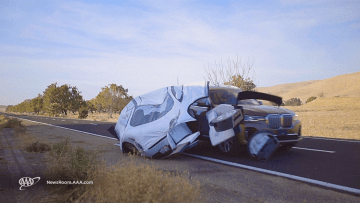 Recently, researchers at MIT published a study that looks into autonomous vehicle mobility, employment and policy. The research found that self-driving vehicles will happen later than sooner.
Recently, researchers at MIT published a study that looks into autonomous vehicle mobility, employment and policy. The research found that self-driving vehicles will happen later than sooner. It is becoming clear that many of our nation’s children could be attending school from home for this school year and possibly longer. If educators and families aren’t empowered with the right support and tools, this will evolve from an education crisis to an education catastrophe.
It is becoming clear that many of our nation’s children could be attending school from home for this school year and possibly longer. If educators and families aren’t empowered with the right support and tools, this will evolve from an education crisis to an education catastrophe. Since 1964, the presidential candidate who has won Florida and its 29 electoral college votes has also won the White House in every election except 1992. In that time, the constant has not been whether Florida goes for Republicans or Democrats – both parties have been in power in the past three decades – but that the vote has been close. In 2016, Donald Trump won with 48.6 per cent of the vote compared to Hillary Clinton’s 47.4 percent. In 2008, Barack Obama had 51 percent, compared to John McCain’s 48.2. And no one, of course, can forget the 2000 election, which
Since 1964, the presidential candidate who has won Florida and its 29 electoral college votes has also won the White House in every election except 1992. In that time, the constant has not been whether Florida goes for Republicans or Democrats – both parties have been in power in the past three decades – but that the vote has been close. In 2016, Donald Trump won with 48.6 per cent of the vote compared to Hillary Clinton’s 47.4 percent. In 2008, Barack Obama had 51 percent, compared to John McCain’s 48.2. And no one, of course, can forget the 2000 election, which 